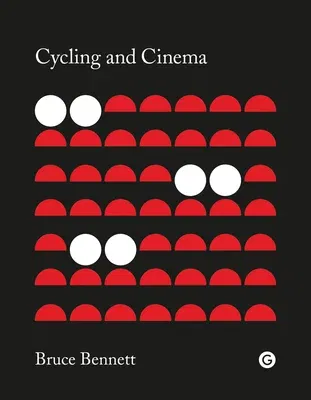A unique exploration of the history of the bicycle in cinema, from
Hollywood blockbusters and slapstick comedies to documentaries, realist
dramas, and experimental films.
Cycling and Cinema explores the history of the bicycle in cinema from
the late nineteenth century through to the present day. In this new book
from Goldsmiths Press, Bruce Bennett examines a wide variety of films
from around the world, ranging from Hollywood blockbusters and slapstick
comedies to documentaries, realist dramas, and experimental films, to
consider the complex, shifting cultural significance of the bicycle.
The bicycle is an everyday technology, but in examining the ways in
which bicycles are used in films, Bennett reveals the rich social and
cultural importance of this apparently unremarkable machine. The
cinematic bicycles discussed in this book have various functions. They
are the source of absurd comedy in silent films, and the vehicles that
allow their owners to work in sports films and social realist cinema.
They are a means of independence and escape for children in melodramas
and kids' films, and the tools that offer political agency and freedom
to women, as depicted in films from around the world.
In recounting the cinematic history of the bicycle, Bennett reminds us
that this machine is not just a practical means of transport or a
child's toy, but the vehicle for a wide range of meanings concerning
individual identity, social class, nationhood and belonging, family,
gender, and sexuality and pleasure. As this book shows, two hundred
years on from its invention, the bicycle is a revolutionary technology
that retains the power to transform the world.

